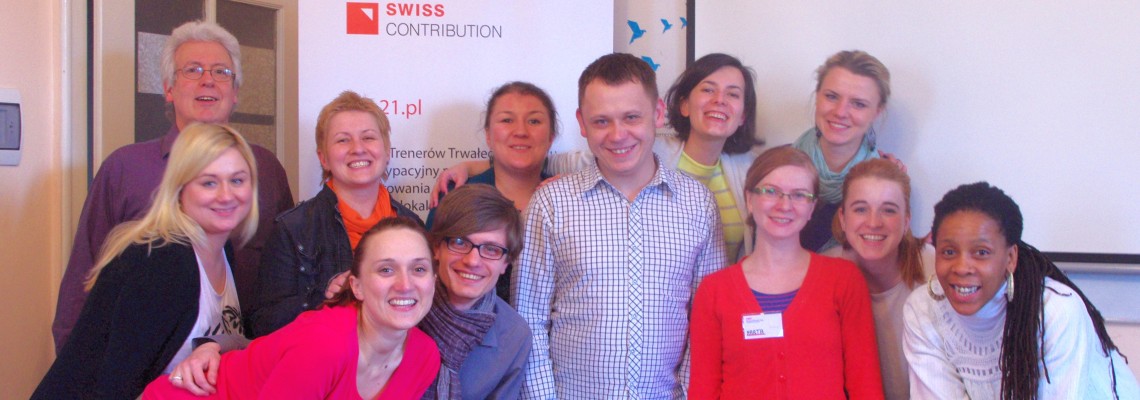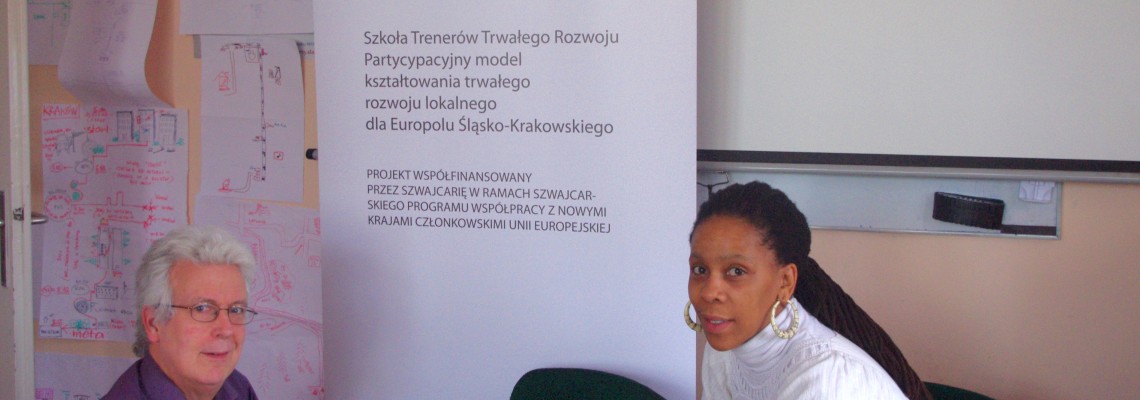Funded under the Swiss Block Grant, Mapping for Change in collaboration with the Centre for Training and Personal Development MERITUM, the Cultural Authority City of Gardens and Highways 4 Elements carried out a two year training programme in the Silesia region of Poland.
The project set out to increase the participation of citizens in shaping local policy created in the Silesian-Cracow Europol.
Our Role
Mapping for Change were commissioned to train forty-two trainers and coaches in sustainable development of the area outlined in the Development Strategy for the South Polish region. Mapping for Change equipped trainers with the ability to not only train others, but also to run engaging workshops across the community.
Impact
Mapping for Change developed a Polish version of their interactive Community Maps platform and trained participants enrolled in the programme in how to utilise a range of participatory mapping methodologies. The information collected during the mapping process formed the basis for developing written recommendations to take concrete actions for change in local communities and that aim to enable people to feed into local plans for sustainable development.
Community Maps allowed citizens to take action about problems which affected them in their local area, including dog fowling.
Related Projects
Evaluating People Zones Leicestershire
Through engaging residents in an Asset-Based Community Development Approach, our research for People Zones Leicestershire generated lasting resources which helped identify opportunities for hyper localised community initiatives. Now, we’re returning to evaluate the program’s impact, aiming to provide concrete evidence of its effectiveness in reducing crime and promoting community well-being.
InSPIRES
InSPIRES is a EU-funded project which aims to address the information gap that vulnerable demographics can hold about the impact that air pollution has on their health. Mapping for Change works with a school in London, whereby parents and pupils will have the opportunity to monitor particulate matter and nitrogen dioxide pollution levels in and around their homes.

